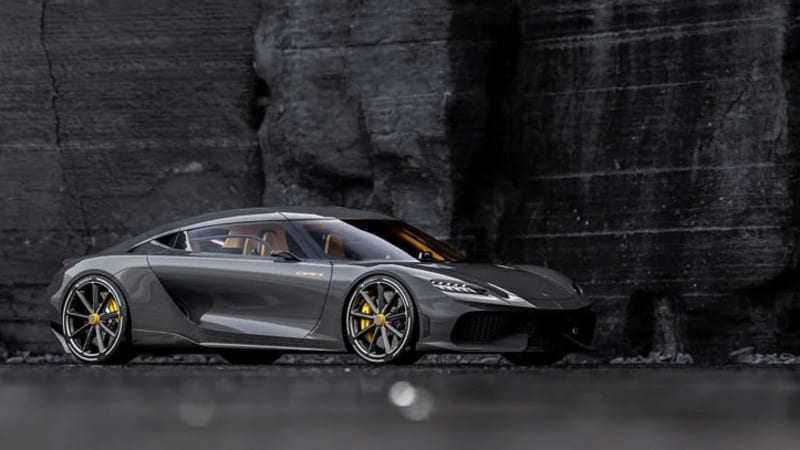EU Parliament allows low-volume automakers to sell ICE cars after 2035

Bloomberg recently ran a piece about how new cars are “just for the rich” thanks to constraints — real and artificial — that have boosted prices and profits. It’s possible internal combustion engines will end up behind the same paywall. The European Parliament has been laying out the regulations that will guide the transport industry to and beyond 2035, when the EU will forbid sales of new ICE-powered passenger cars and vans. The latest step in the process was to approve a carveout for automakers that register fewer than 1,000 cars per year. Basically, every independent hypercar maker on The Continent plus Bugatti would be allowed to sell 1,000 units annually.
The vote was probably closer than some expected, with 340 votes in favor, 279 against, and 21 abstentions, meaning just 40 parliamentarians made the provision possible. We’re sure we haven’t heard the end of it, either. Italy and its super sports car makers have publicly stated their desires for an exception to the ban. Never mind that outfits like Pagani, Bugatti, and Koenigsegg have barely made 1,000 cars apiece throughout their lifespans, if the rules would allow 1,000 new Jeskos on the road every year, why not allow 1,000 ICE Lamborghinis out of Sant’Agata’s total annual production?
As Autocar noted, the carveout doesn’t apply to the UK, the island nation also banning new ICE sales in 2035. Autocar reports that government officials there are considering such a measure. It would be vastly more important in the UK where cottage industry carmaking — Ariel, BAC, Ginetta, Morgan, and so on — is a national point of pride.
For the rest of the enthusiast public, carbon-neutral synthetic fuels or Toyota’s hydrogen-fueled ICE efforts might be the best currently known bets to save the ICE soundtrack. 2035 is around the corner from a development standpoint but ages away from a tech standpoint, so who knows what kind of world we’ll be looking at on the other side. It’s still going to sound like hypercars, though.



